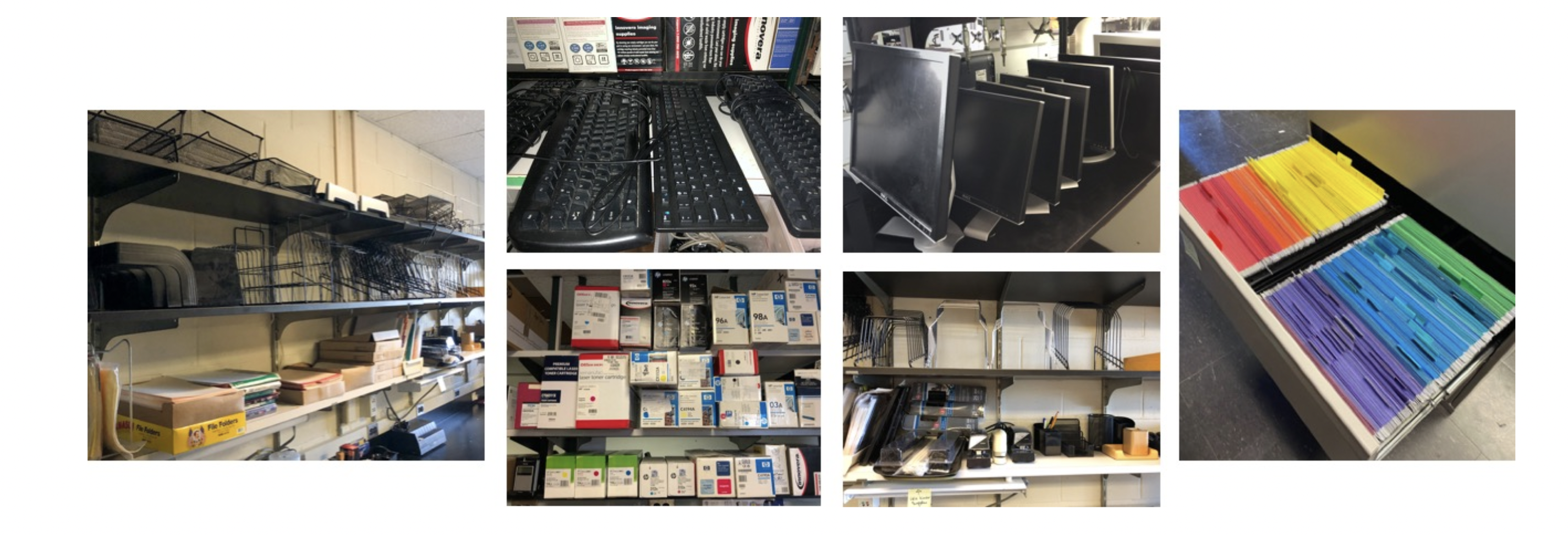SWAP Shop to close April 29
After nearly seven years and more than $150,000 worth of equipment and materials exchanged for reuse on campus, the SWAP Shop will close for good on April 29.
The shop’s current location in room S5-320 of the main Medical School building will be repurposed for a clinical research laboratory and there is no other suitable space currently available on campus to relocate the shop.
“We realize there are major space constraints on campus, which is why we have had to move the shop several times over the years,” said Suzanne Wood, associate director of facilities management for sustainability & campus services. “While this is the end of the SWAP Shop as we’ve known it, we are going to develop a successor program.”
SWAP stands for Surplus With A Purpose. Launched in the fall of 2015, the shop facilitated the exchange of office supplies, small furniture, laboratory equipment and other useful items. Donations are no longer being accepted at the SWAP Shop. Members of the campus community are encouraged to visit the shop to collect any items that may be of use before April 29.
A sampling of items still available in the shop at S5-320

Facilitating the exchange of useful items to keep those materials out of the waste stream remains a sustainability goal for UMass Chan, Wood said. It will become especially acute when the completion of the new education and research building initiates a wave of moves on campus, she said.
“When we opened the Sherman Center, and so many offices and labs moved, we saw a lot of materials thrown out that could have been reused,” Wood said. “Our goal will be to have some kind of exchange program running when people start moving into the new building.”
A satellite SWAP Shop at South Street in Shrewsbury closed in 2020 after the pandemic severely reduced occupancy in that building.
“I want to thank everyone who made the SWAP Shop program a success,” Wood said. “Your continuing commitment to our sustainability programs to reduce energy consumption, reduce greenhouse gas emissions and extend recycling will help limit our campus carbon footprint.”
